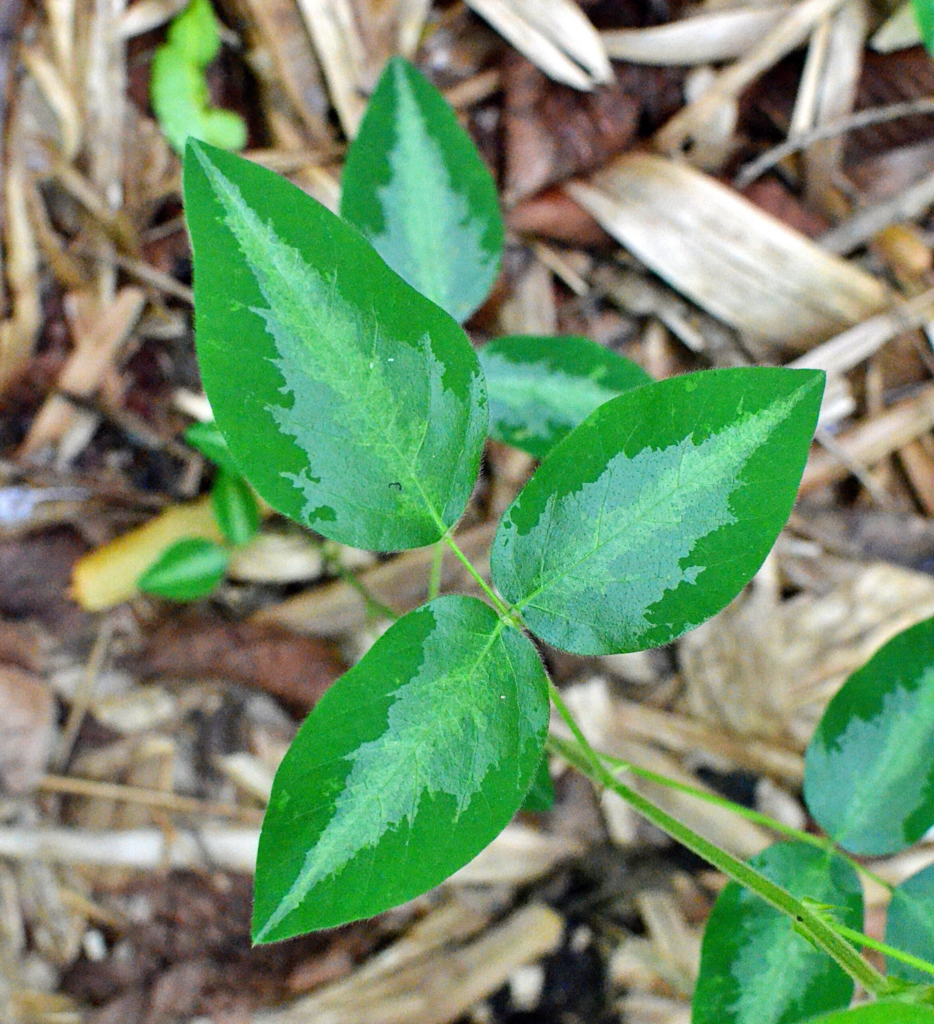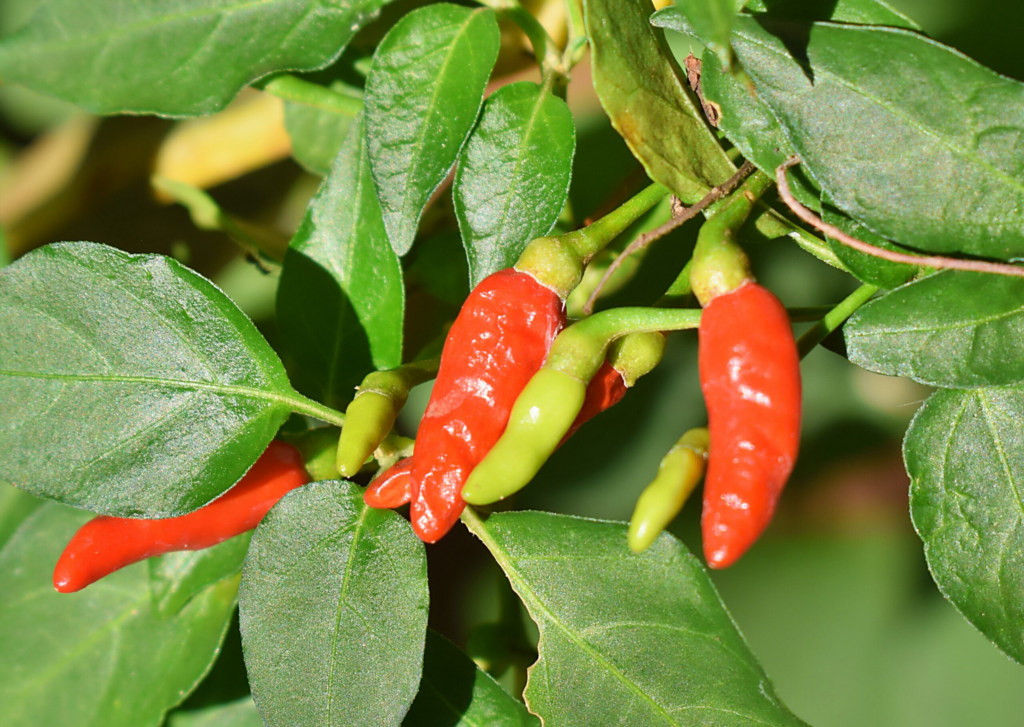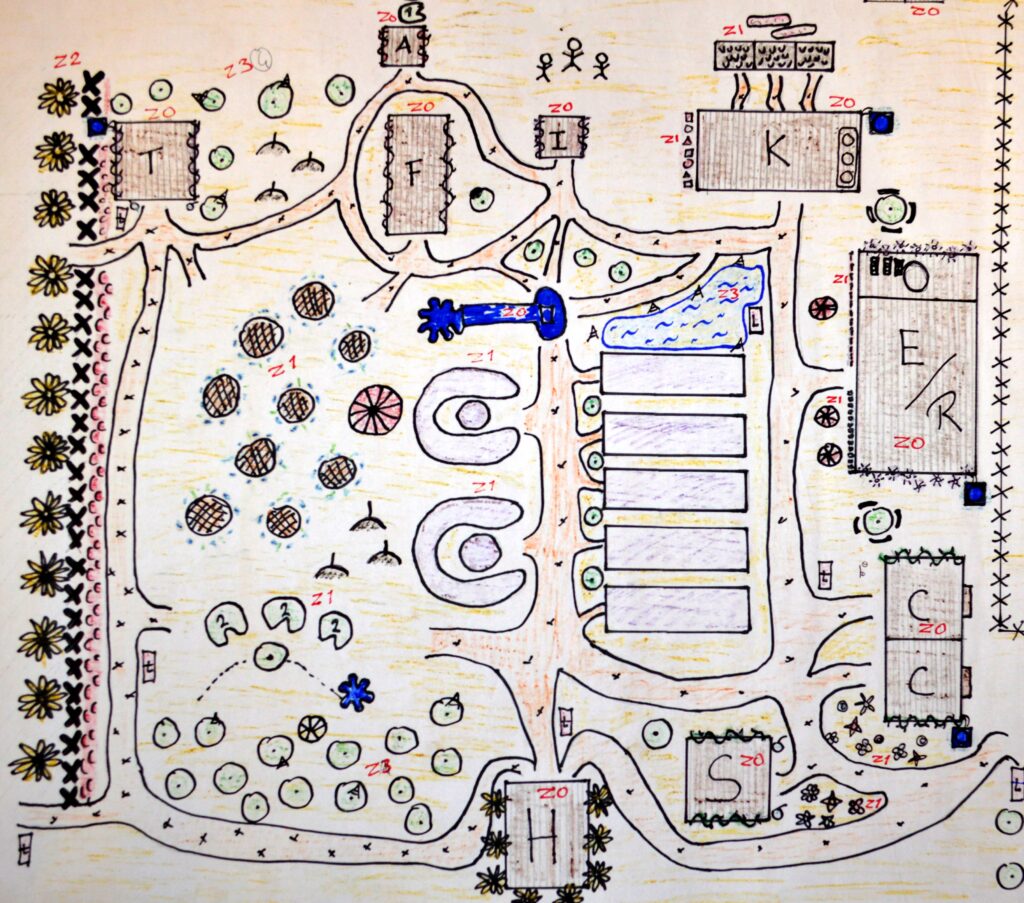
Fall Armyworm (FAW) is a serious pest that damages maize crops in sub-Saharan Africa, but there are sustainable ways to manage it. Farmers can plant maize alongside legumes or use push-pull methods, where pest-repellent plants are grown with maize and trap plants surround the field. Simple practices like reducing plowing, adding mulch, and applying soil or wood ash to maize plants can also lower FAW damage. Natural remedies such as neem, tobacco, and lemongrass extracts work as well as chemical pesticides. Increasing farm biodiversity helps attract insects that naturally control FAW, while crop diversification improves soil health, reduces pest outbreaks, and provides farmers with alternative sources of food and income. Combining these methods into an Integrated Pest Management (IPM) plan has proven highly effective, as seen in Zambia and Malawi. These solutions not only protect crops but also improve soil and ecosystem health, boost harvests, and reduce the need for synthetic pesticides.
Push-Pull

The push-pull method is an effective and eco-friendly way to manage Fall Armyworm (FAW) in sub-Saharan Africa. It works by intercropping maize with pest-repellent plants like Desmodium (Silver Leaf), which produce scents that repel FAW moths and attract beneficial insects like parasitoid wasps. Around the field, farmers plant trap crops such as Napier or Brachiaria grass, which lure pests away from the maize. Studies show that this method can reduce FAW infestations by over 80% and cut crop losses by ten times compared to monocropping. In addition to controlling FAW, push-pull helps manage other pests, improves soil fertility, retains moisture, and offers a sustainable alternative to pesticides, making it a cost-effective solution for smallholder farmers while boosting overall farm health.
Conservation Agriculture
Conservation Agriculture (CA), a farming approach focused on minimal soil disturbance, permanent soil cover, and crop diversification, offers effective, sustainable ways to reduce Fall Armyworm (FAW) damage while improving soil health and crop resilience in sub-Saharan Africa. Key CA principles include minimal soil disturbance, permanent soil cover, and crop diversification. Practices like minimum tillage preserve soil structure, reduce FAW larval populations, and support beneficial insects, while mulching creates a protective barrier, retains moisture, and enhances organic matter. Healthy soils, enriched with organic matter and biodiversity, promote natural pest control, enhance plant resilience, and reduce FAW pupal survival. These methods not only manage FAW but also support long-term farm sustainability without relying on synthetic pesticides.
Botanical Treatments

Botanical treatments can also provide effective, eco-friendly ways to control Fall Armyworm (FAW), using natural plant compounds to repel or kill the pest. Neem powder deters feeding, reduces egg-laying, and boosts maize yields significantly when used as mulch or applied to maize whorls. Tobacco extracts have been shown to achieve results comparable to synthetic pesticides. Lemongrass extract effectively lowers FAW numbers and damage, leading to high yields. Simple mixtures like wood ash combined with chili peppers offer an affordable solution, irritating FAW larvae and reducing damage by about 50%. These methods not only protect crops but also provide sustainable, low-cost options for smallholder farmers while promoting healthier ecosystems.
Permaculture

Permaculture design provides a holistic and sustainable approach to managing Fall Armyworm (FAW) by fostering diverse, resilient ecosystems that naturally suppress pest outbreaks. Intercropping maize with legumes like cowpea and Mucuna deters FAW through repellent compounds, while polycultures and woody perennials, such as Gliricidia and Faidherbia, create habitats for natural predators. Maintaining forest patches and wildflower strips near fields further boosts populations of beneficial insects and birds, and mulching can help to conserve soil moisture and create habitats for ground-dwelling predators like ants, which can kill over 95% of FAW pupae in the soil. Healthy soil, enhanced through composting, mulching, and conservation agriculture practices, strengthens plant resilience and reduces pest damage. Permaculture integrates natural pest control methods, including botanical treatments like neem and tobacco, and labor-intensive options like handpicking caterpillars. By aligning with Integrated Pest Management (IPM) principles, this approach minimizes reliance on synthetic pesticides while improving farm productivity, ecosystem health, and long-term sustainability.
